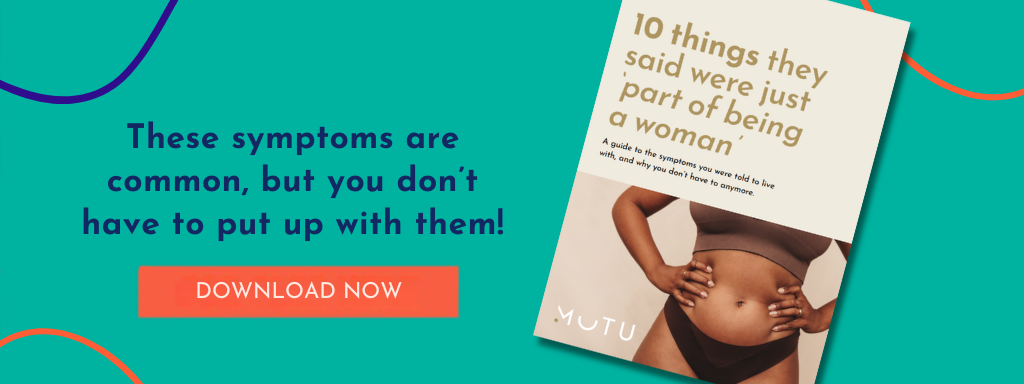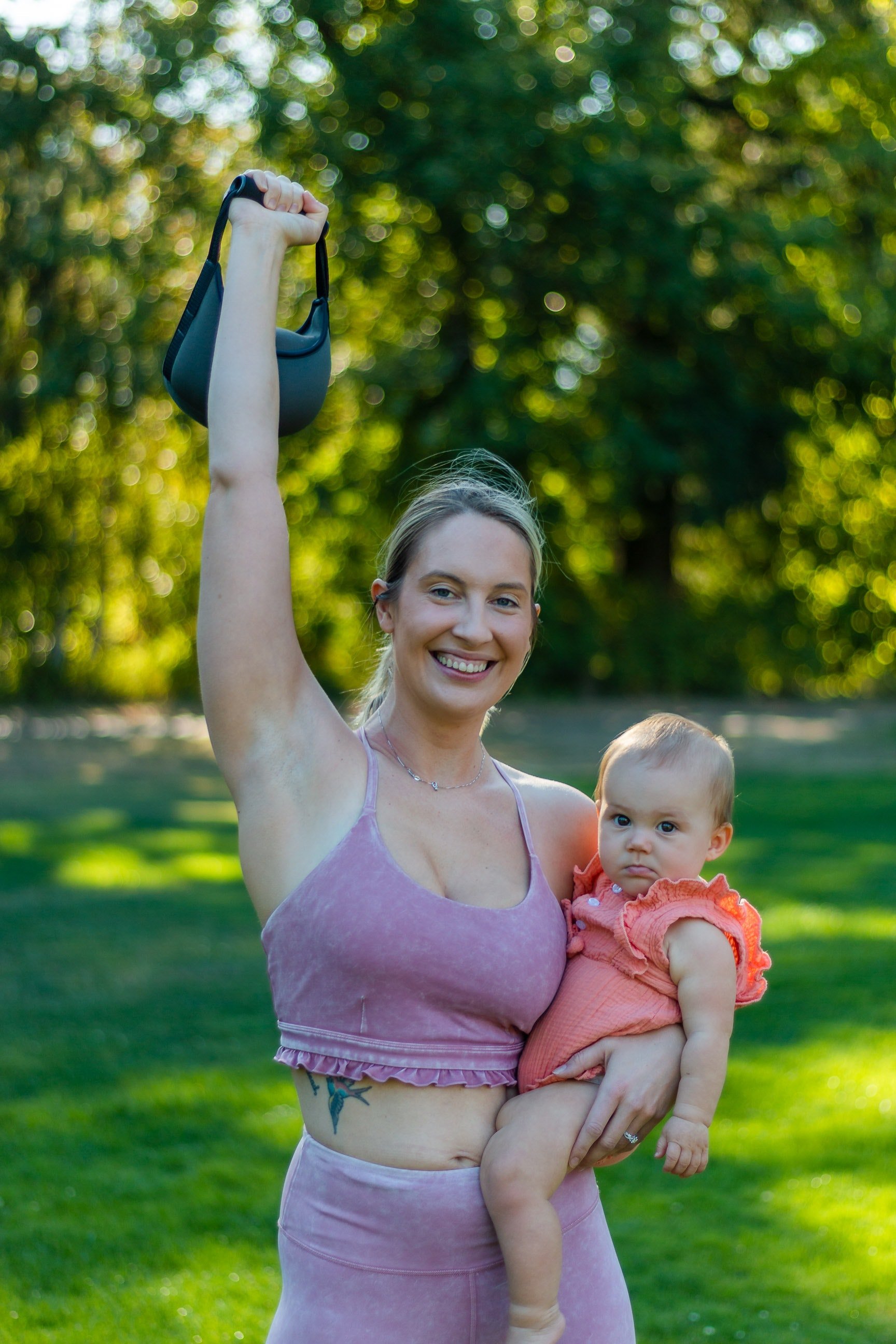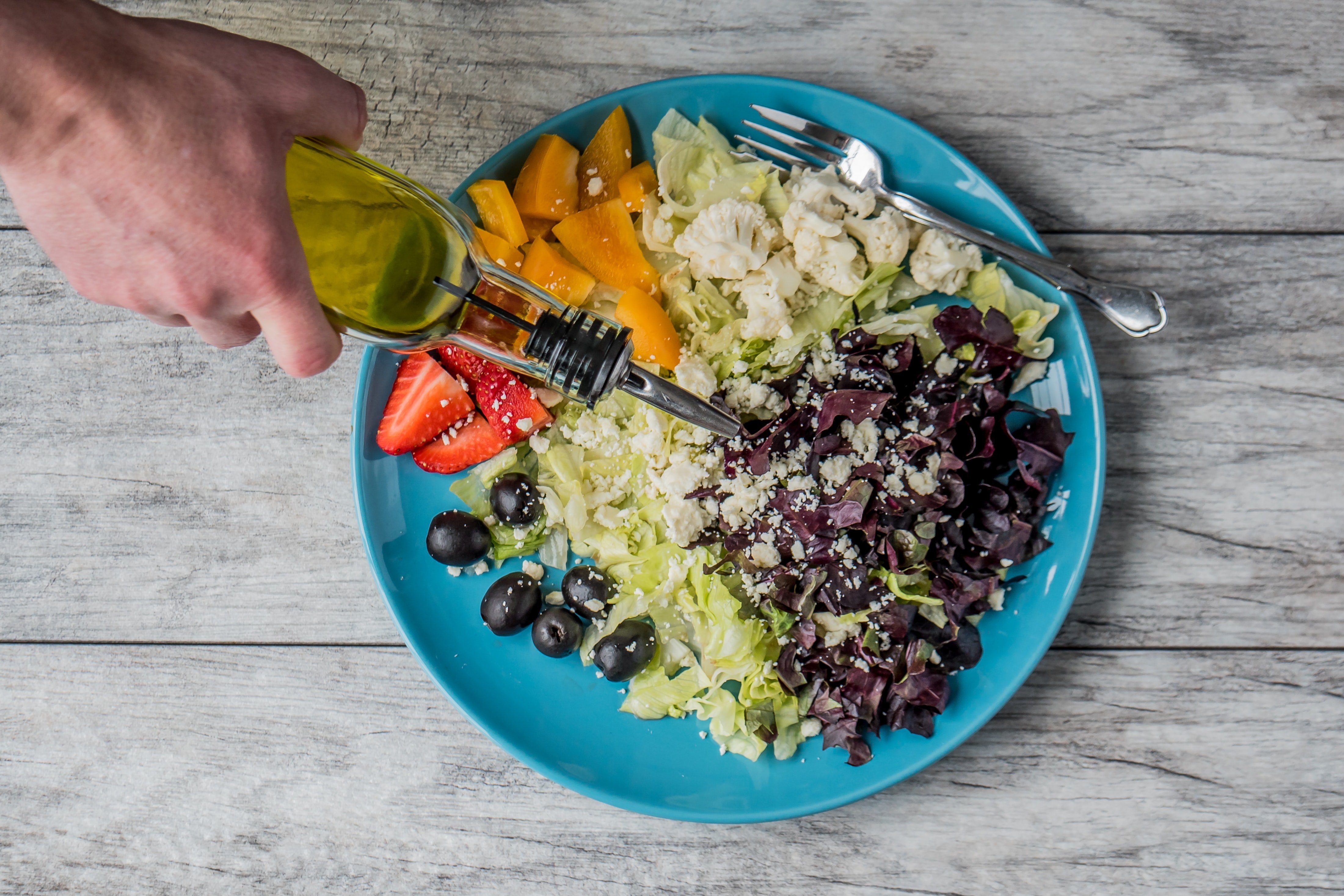Postpartum weight loss is a minefield of expectations and judgements, both our own and other peoples’. Social media and celebrity stories show impossibly fast fat loss, and ‘losing baby weight ‘ seems like a measure everyone’s got an opinion on.
It’s also one of the most discussed topics between expectant, new and older moms that come to us for help at MUTU. So we’ve put together a comprehensive series of resource to answer your most frequent questions.
So if you’re curious about weight loss after having a baby and want to know the truth about what works and what doesn’t, read on…
What exactly is pregnancy weight?
Pregnancy weight includes the baby weight, placenta, amniotic fluid, increased blood volume, breast tissue, uterus, and additional fat stores that support a growing foetus.
Stating the obvious, gaining weight gain during pregnancy is essential for your baby to grow and be healthy, but not all the gain was baby, so clearly it will not all disappear right away when your baby is born.
Can you reduce weight gain during pregnancy?
During pregnancy, weight gain is inevitable and important. It’s understandable to worry about the rate of added weight and natural to have concerns about “getting my body back” after birth.
However, maintaining a balanced diet of healthy food, engaging in regular physical activity and moderate exercise, staying hydrated, and practising stress management techniques can help keep your weight gain in a healthy space during pregnancy. Eat when you’re hungry, work out in a safe and fun way, snack on fruits and veg and protein dense things over sugary quick fixes, through pregnancy and into postpartum for the easiest weight transition.
Things to consider before starting your weight loss journey
Before you start there a few very important things to keep front of mind:
- Focus on overall well-being rather than just the number on the scale.
- Be patient with yourself and set realistic goals.
- Consider proper nutrition, exercise, rest, stress management, and emotional well-being as key components of your postpartum weight loss strategy.
Finally, remember postpartum weight loss is neither a race nor a measure or your health or success as a new mom. You deserve to feel confident and comfortable in your new post-baby body. You did something awesome there, Mama, so try to focus on self care, rest and making peace with your incredible body.
What are the health benefits of losing postpartum weight?
Achieving and sustaining a healthy weight following childbirth offers many advantages. These include lowering the chances of enduring persistent health issues like:
- obesity
- type 2 diabetes
- cardiovascular disease
- and potentially certain cancers.
Being within a healthy weight range during the postpartum phase can also lift your overall well-being, increase your self-confidence, and give you more energy. This, in turn, makes it more manageable to attend to your baby’s needs and be active in your daily routines.
Got more questions about postpartum weight loss?
Scroll down for all the most frequently asked weight loss questions we receive here at MUTU. Got some more we haven’t covered? Let us know in the comments.











